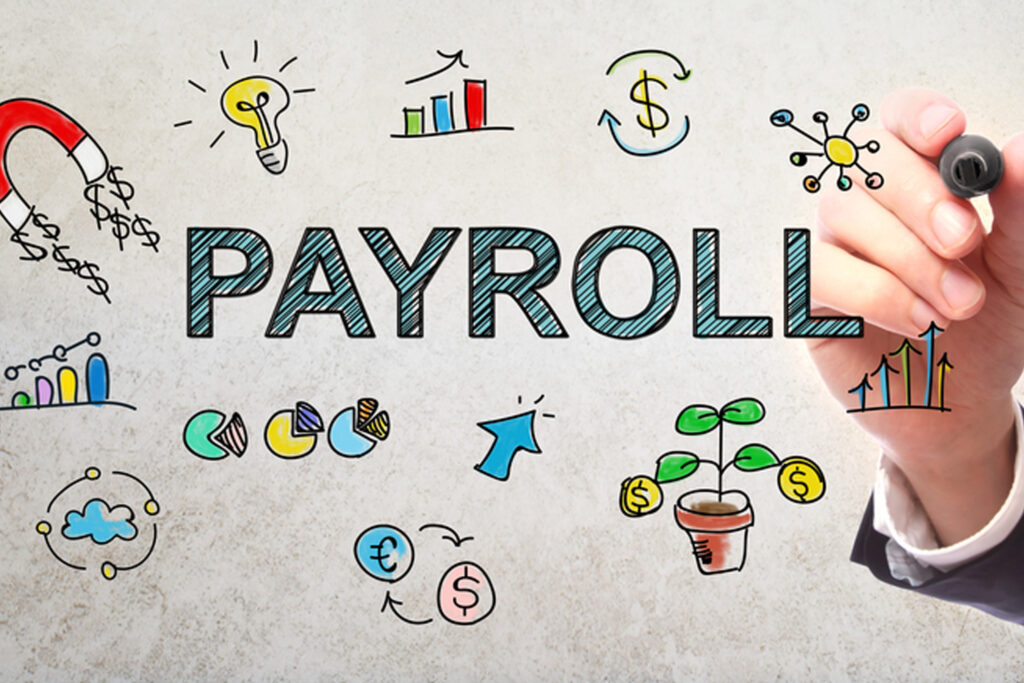The Department of Labor (DOL) recently announced the return of the Payroll Audit Independent Determination (PAID) program. PAID is a voluntary compliance initiative that helps employers resolve inadvertent violations of the Fair Labor Standards Act (FLSA)—such as unpaid overtime or minimum wage—without litigation or civil monetary penalties. This announcement extended the reach of PAID to violations under the Family and Medical Leave Act (FMLA).
PAID Timeline
Here’s a timeline of the PAID program from its inception to the present:
- Launched in 2018. PAID began as a six-month pilot program under the first Trump administration to encourage self-reporting of wage violations. It was designed to promote compliance and facilitate worker restitution without costly enforcement actions.
- Suspended in 2021. The program was discontinued in early 2021 during the Biden administration amid concerns that it let employers off too easily by allowing them to avoid penalties and liquidated damages.
- Reinstated in July 2025. The DOL has announced it is resuming the program. The current version aims to strike a balance between encouraging compliance and ensuring workers are fully paid.
Why an Employer Might Use PAID
Employers may elect to use PAID for several reasons, including the following:
- Avoid litigation and penalties. Employers can resolve FLSA and FMLA violations without facing lawsuits, civil money penalties, or liquidated damages (which can often double the back wages owed).
- Voluntary self-correction. The program is designed for employers that discover and want to fix unintentional compliance issues proactively, showing good faith.
- Speedy resolution. PAID offers a streamlined process that allows quicker restitution to employees compared to protracted investigations or litigation.
- Maintain good reputations. Participating in PAID may be viewed more favorably by employees and regulators than being forced into compliance through enforcement.
- Wage clarity and training. The DOL provides compliance assistance and encourages employers to adopt better pay practices moving forward.
Important Considerations
There are some important things you should keep in mind about the PAID program:
- Employers cannot use PAID if they are already under investigation or involved in wage litigation.
- Employers must pay all back wages in full.
- Workers must voluntarily accept the back pay and release only those specific claims addressed by PAID. The DOL will ask employees to waive the liquidated damages otherwise available under the FLSA, but they are under no obligation to do so and may choose instead to file a private lawsuit.
Practical Considerations
PAID is not for everyone. But its return creates an opportunity for employers to review your FLSA/FMLA policies and practices to ensure compliance. The labor and employment attorneys at Fennemore can help with this review. In this way, the review will be protected by the attorney-client privilege and, if that privileged review finds practices that don’t comply with the FLSA or FMLA, our labor and employment team will consult with you about the risks and advantages of participating in PAID. It may be a terrific opportunity to avoid costly litigation or enforcement action.
David Barton is an attorney with Fennemore Law and can be reached at dbarton@fennemorelaw.com.




